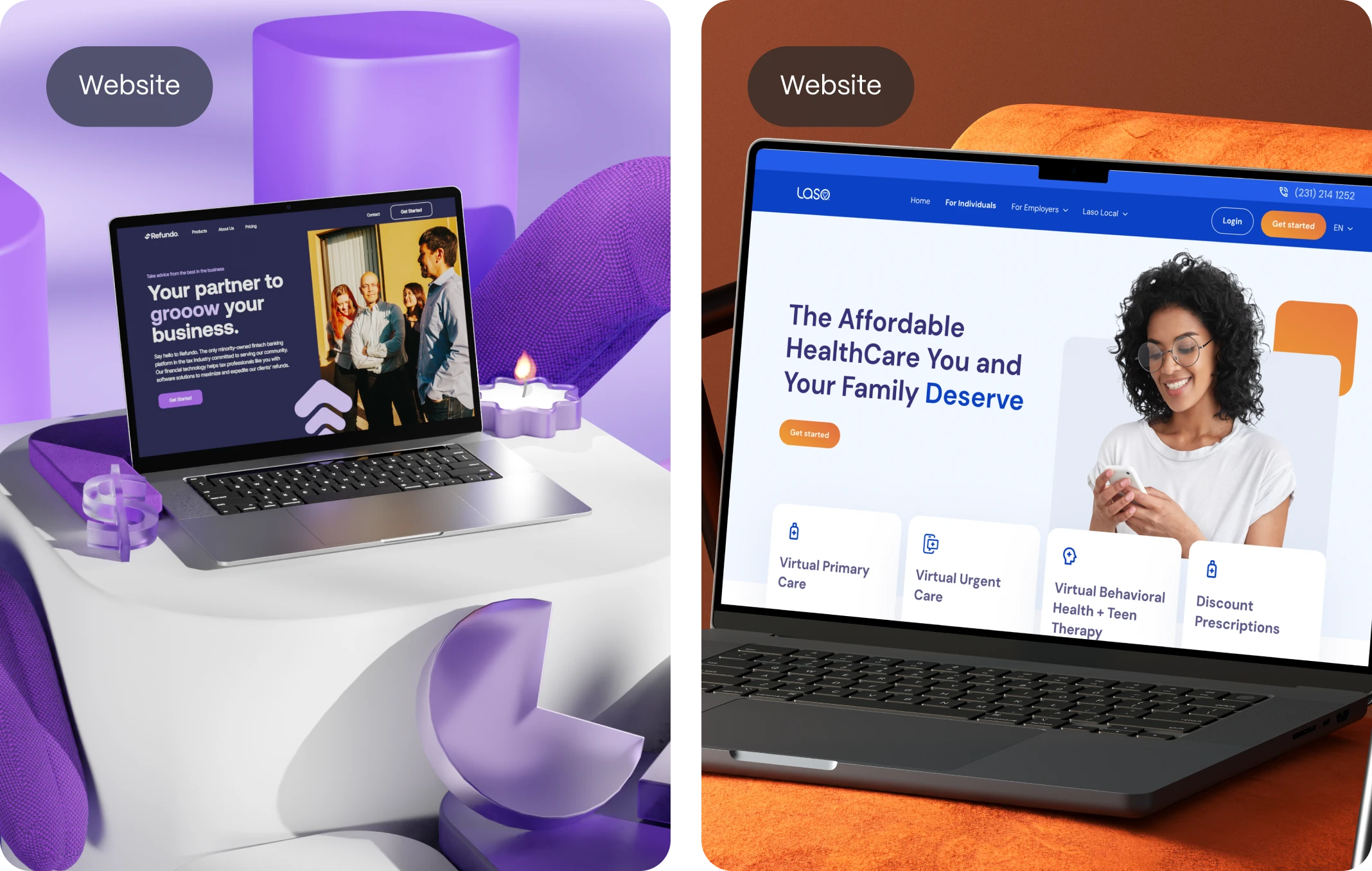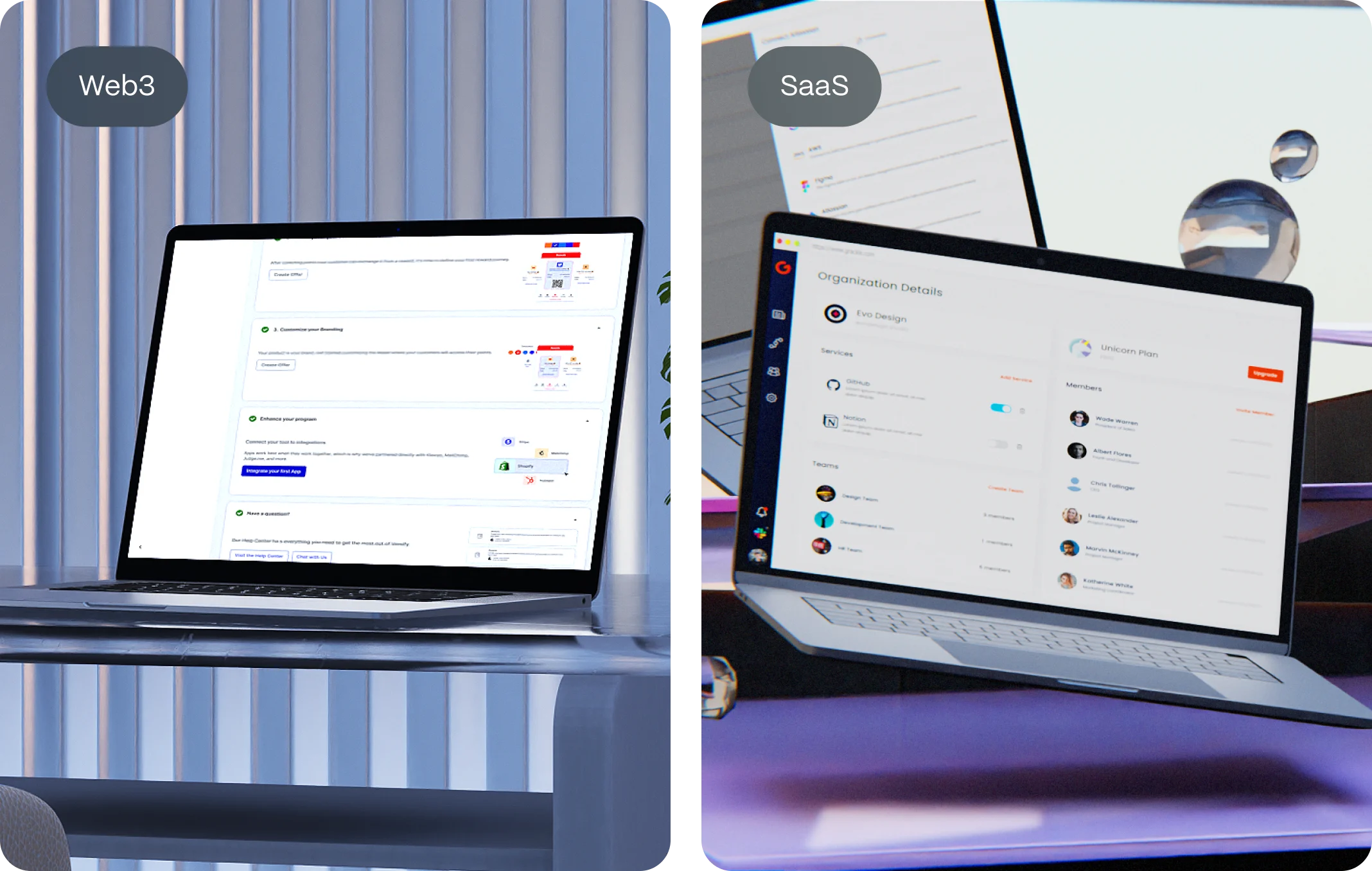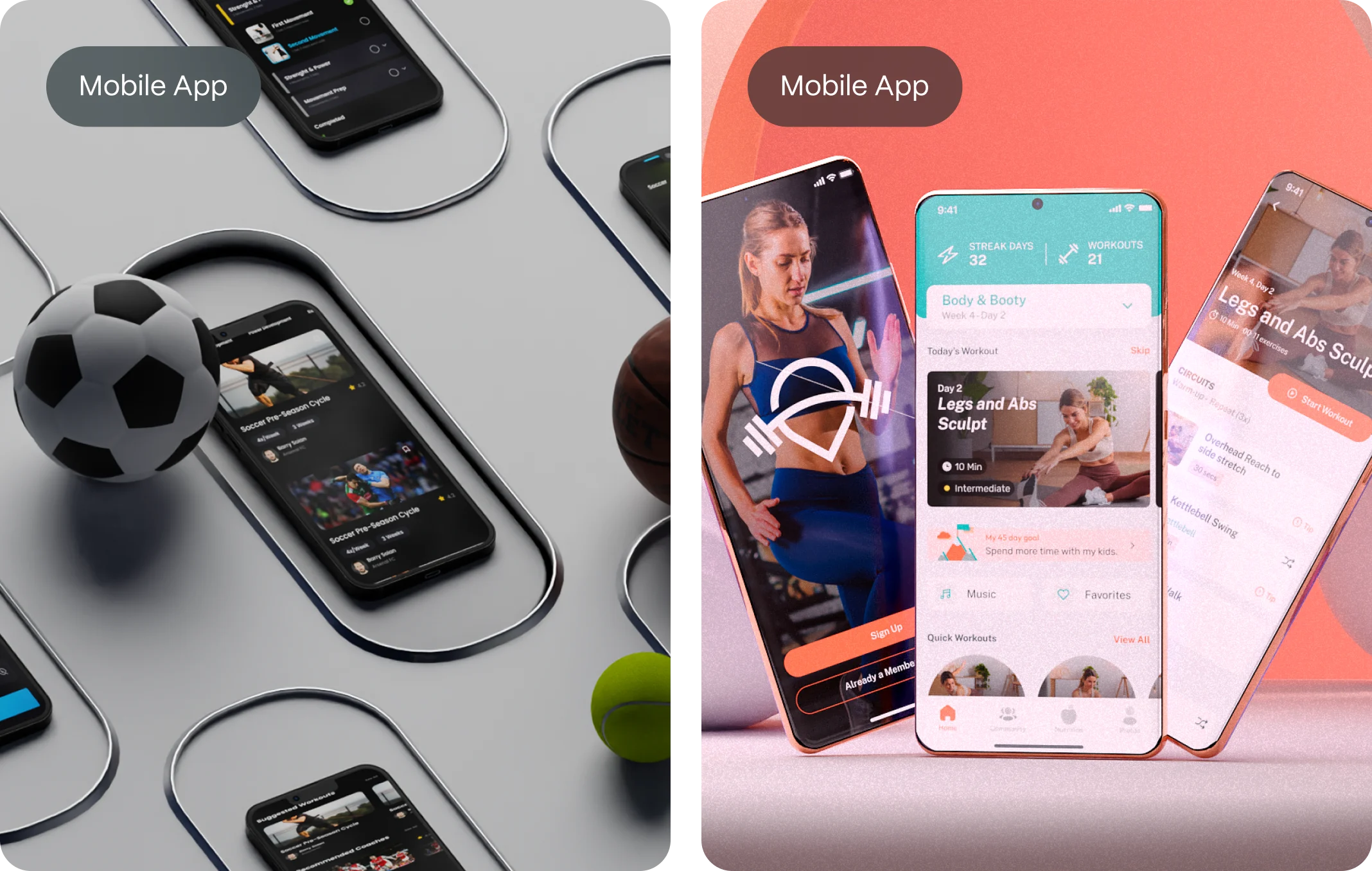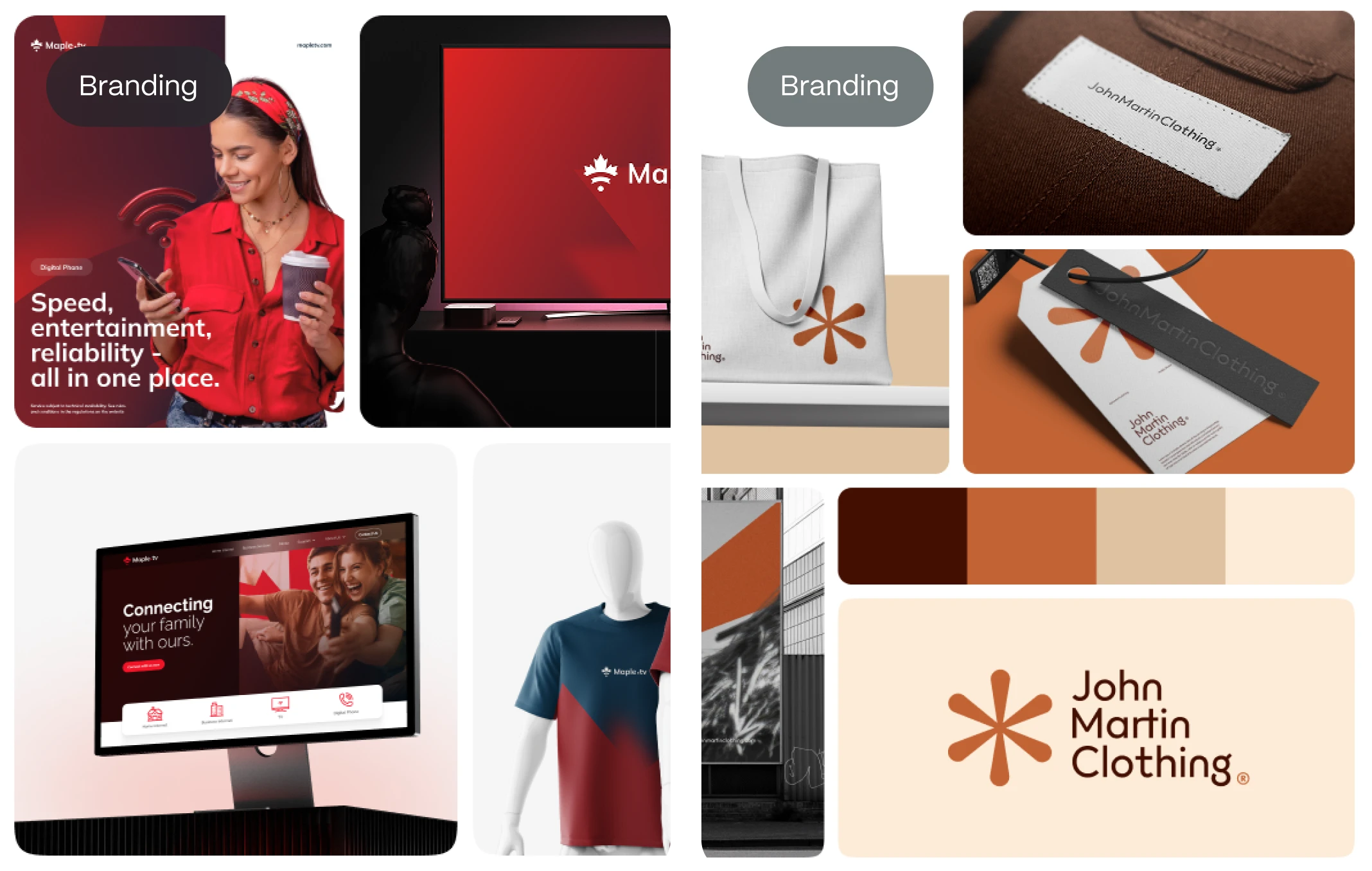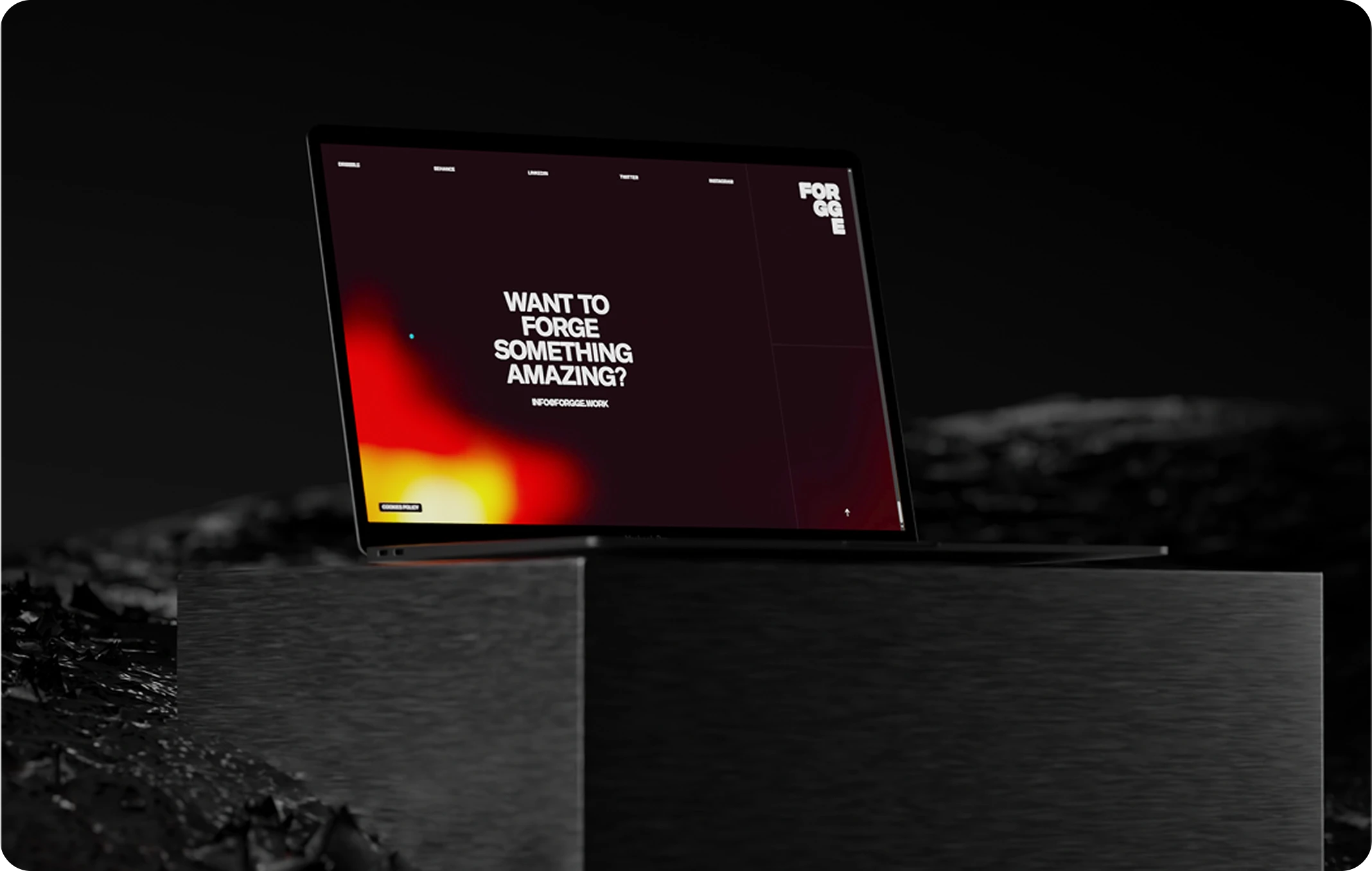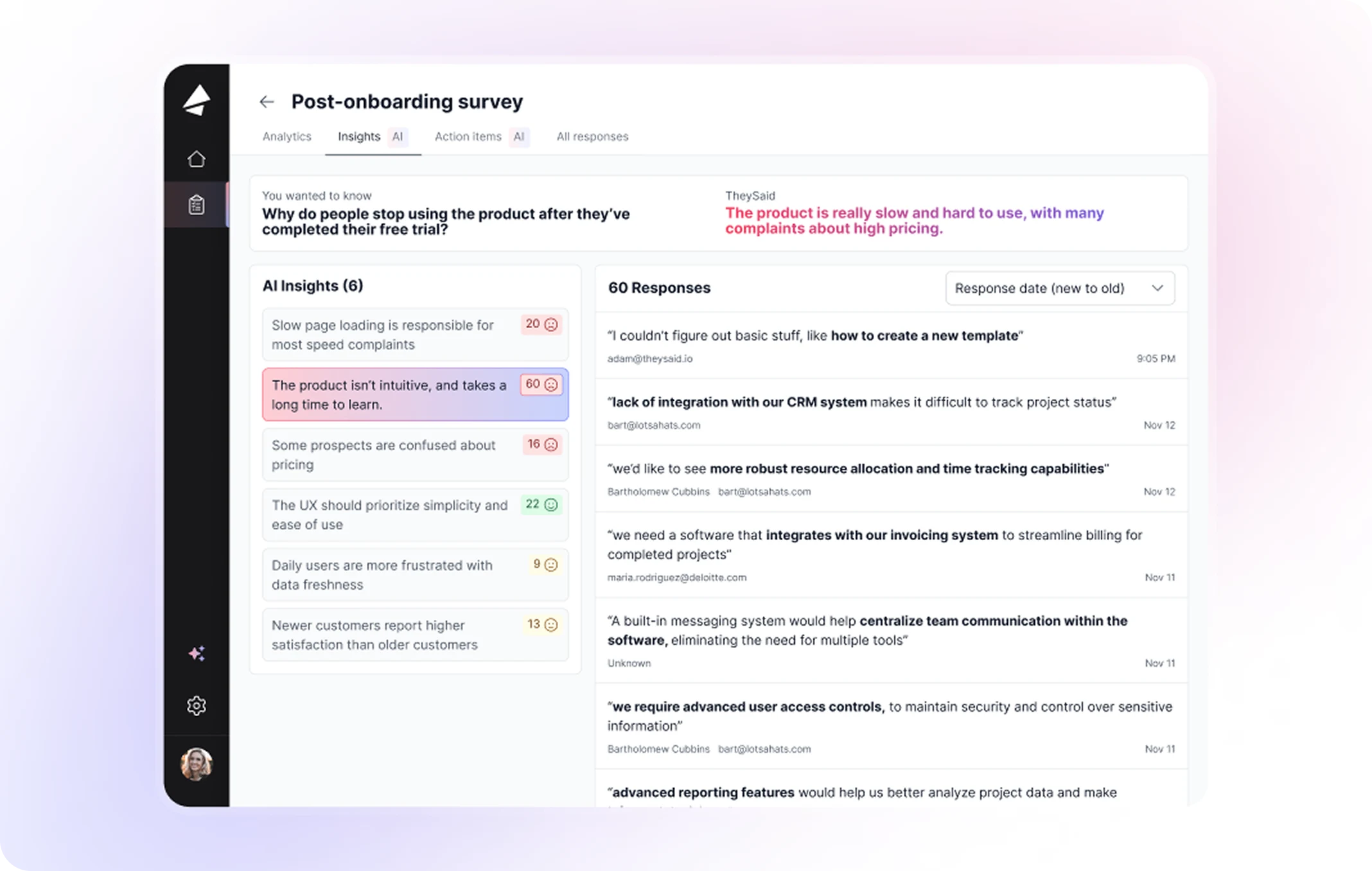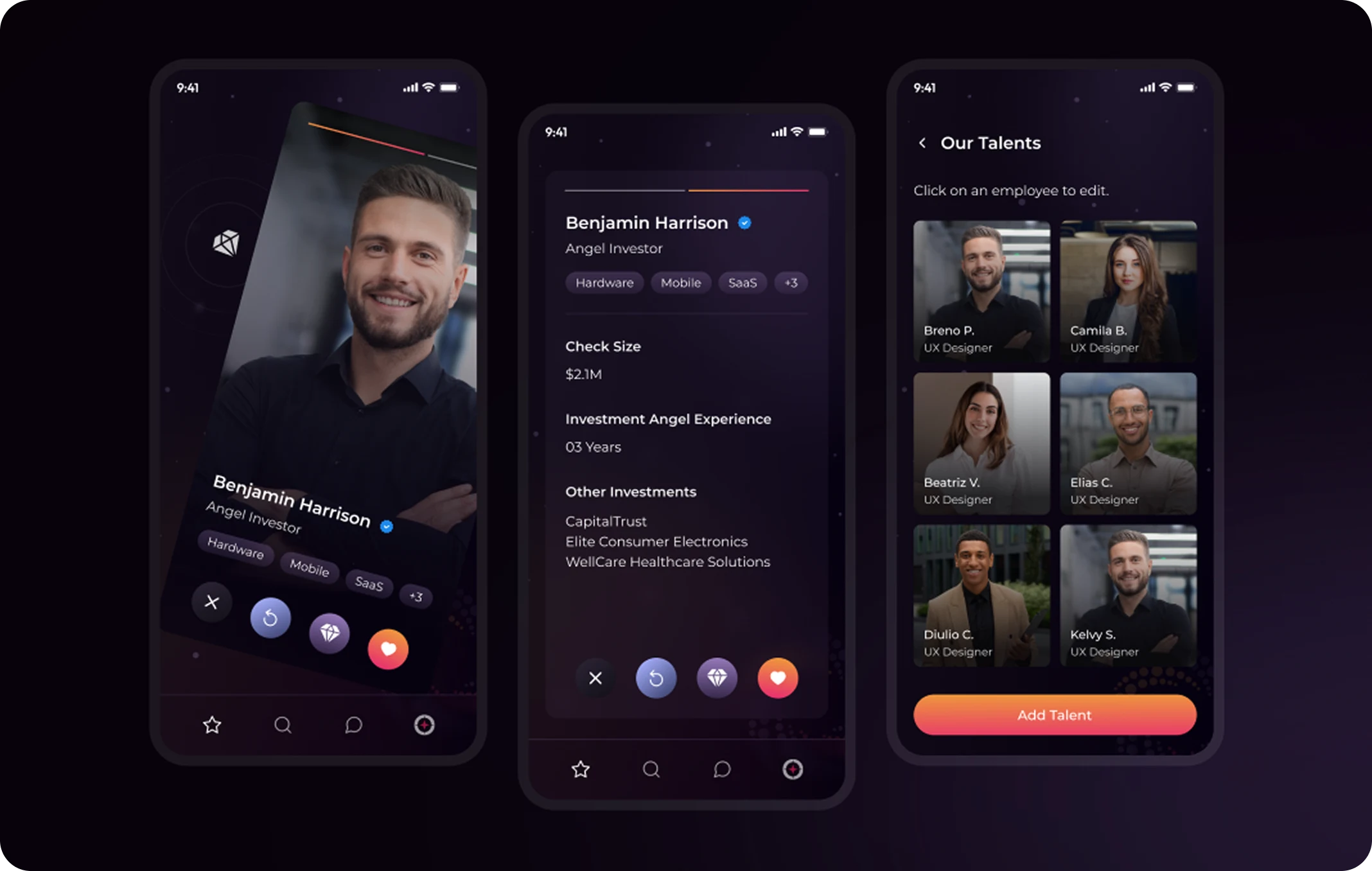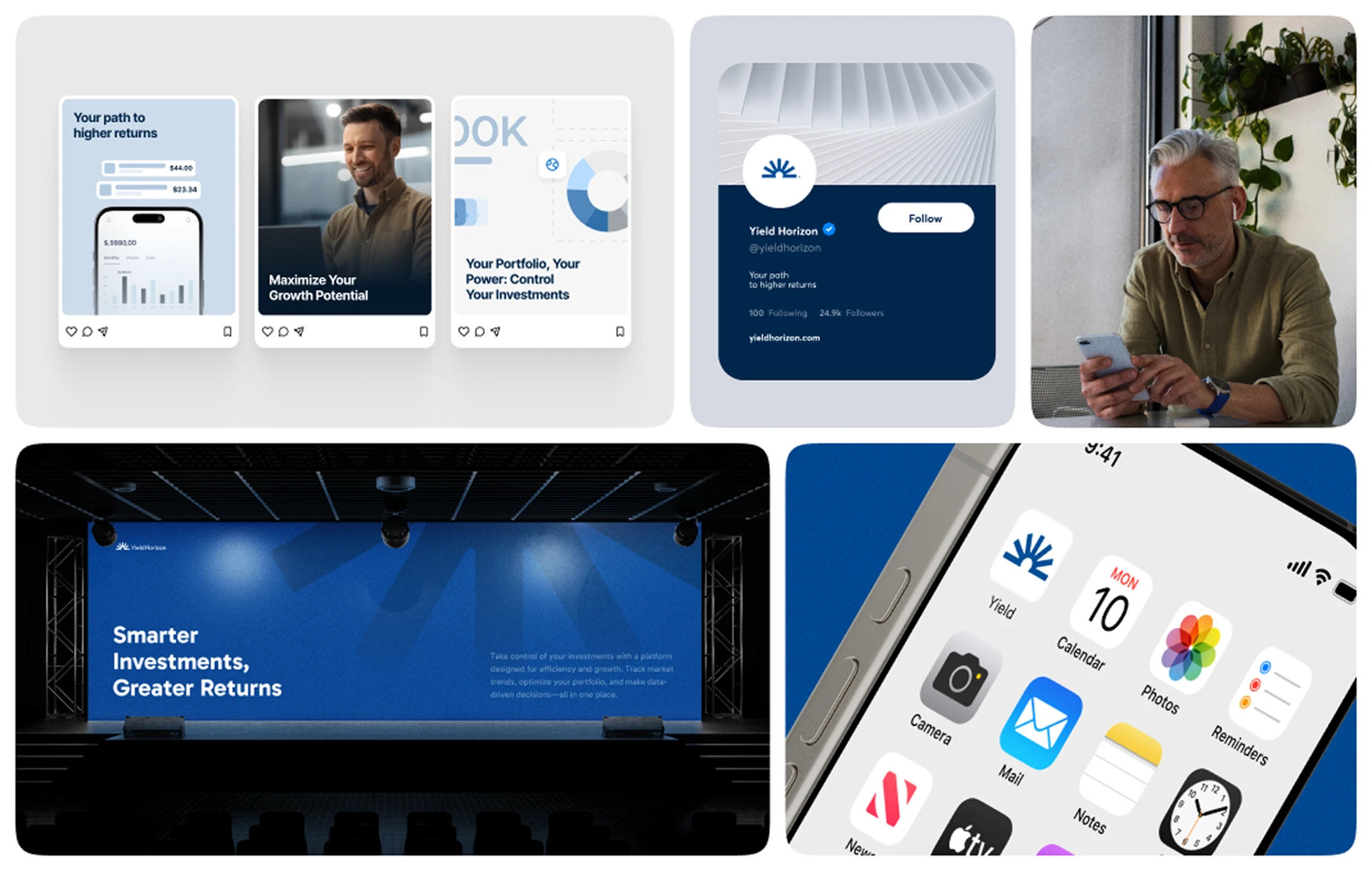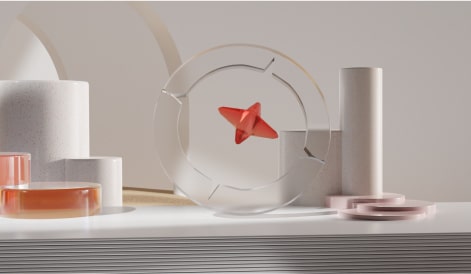Some brands know how to become part of culture. Others remind us how fragile brand awareness can be when strategies lack authenticity. Two of the most cited examples in recent years are Spotify’s global success with Spotify Wrapped and Pepsi’s infamous Kendall Jenner ad. Together, they highlight exactly what startups need to understand in 2025: brand awareness is built on relevance, trust, and consistency—and can collapse overnight if poorly executed.
Case of Success: Spotify Wrapped
Spotify became one of the world’s most memorable brands thanks to a brilliant brand awareness strategy: Spotify Wrapped. Launched in 2016, it offers users a personalized “year in review,” summarizing their most-played songs, artists, and genres. The genius lies in its built-in virality: users proudly share their Wrapped playlists on social media, turning millions of listeners into unpaid ambassadors.
The results were staggering. In 2022, more than 120 million users engaged with Wrapped, generating 1.2 billion social interactions worldwide. In 2020 alone, over 60 million organic shares were recorded within a few days of launch. This transformed a simple marketing campaign into a cultural phenomenon.
By optimizing Wrapped for mobile-friendly formats like Instagram Stories and TikTok, Spotify amplified its visibility. Each December, Wrapped trends globally on Twitter, dominates TikTok feeds, and gets covered by top media outlets like Forbes and The New York Times. Without increasing ad spend proportionally, Spotify achieved global reach and became synonymous with personalized music culture.
Most importantly, Wrapped drove business results. Spotify grew to 205 million premium subscribers by the end of 2022, with Wrapped cited as a key driver of retention and acquisition. The case proves that brand awareness thrives when marketing aligns with user behavior, culture, and authentic experiences.
Case of Failure: Pepsi’s Kendall Jenner Ad
In April 2017, Pepsi launched a campaign starring Kendall Jenner that quickly became one of the most criticized ads in recent history. The ad depicted Jenner leaving a photoshoot to join a protest, ultimately offering a can of Pepsi to a police officer as if the drink could resolve deep social conflicts.
The brand’s intent was to associate itself with youth activism and cultural relevance. The execution, however, was seen as tone-deaf and exploitative, trivializing movements like Black Lives Matter. Social media erupted. Within 24 hours, the ad had millions of negative comments and was trending globally—but for the wrong reasons.
Pepsi pulled the campaign within 48 hours and issued a public apology, but the damage was done. Analysts estimate the brand lost hundreds of millions in brand value, while Beverage Digest reported Pepsi’s U.S. market share dropped to 8.4% in 2017, reflecting a tangible hit to sales.
The lesson is clear: brand awareness built on superficial or opportunistic strategies backfires. Customers value authenticity. A campaign that looks disconnected from real issues can undermine trust and trigger a backlash that erases years of brand equity.
What Is Brand Awareness?
Brand awareness is the degree to which people recognize and remember your brand. It’s not just about recognition of your logo—it’s about association with your values, your promise, and your presence in everyday culture.
Levels of awareness:
- Recognition: Customers know your brand when they see it.
- Recall: Customers remember your brand when prompted by a category.
- Top-of-Mind: Your brand is the first they think of.
Spotify achieved top-of-mind status in music streaming. Pepsi, despite global recognition, showed that awareness without authenticity can turn into negative recall.
Why Brand Awareness Matters
Startups often underestimate awareness, focusing only on product features. But without awareness, even the best products fail. Awareness builds trust, shortens the sales cycle, lowers acquisition costs, and attracts investors. It also creates emotional bonds that lead to loyalty.
The Spotify case shows how awareness drives cultural moments and subscriptions. The Pepsi case shows how the wrong execution can waste millions and harm brand equity. For startups, the message is urgent: get awareness right from the beginning.
Elements of a Brand Awareness Strategy
To avoid Pepsi-like mistakes and replicate Spotify’s success, startups need a structured brand awareness strategy:
- Clear Identity – Define purpose, voice, and visuals.
- Storytelling – Narratives resonate more than features.
- Consistency – Align voice and visuals across all platforms.
- Multi-Channel Reach – From SEO to partnerships.
- Measurement – Track what works, improve what doesn’t.
How to Build and Increase Brand Awareness
- Define voice and identity – Document guidelines.
- Content marketing – Create blogs, podcasts, videos.
- SEO – Capture organic discovery (e.g., how to build brand awareness searches).
- Influencers & partnerships – Collaborate for reach.
- Paid campaigns – Use for top-of-funnel recognition.
- Customer experience – Every touchpoint matters.
Spotify Wrapped is an example of combining storytelling and design. Startups can apply the same principles with smaller budgets.
How to Measure Brand Awareness
Awareness can be measured through:
- Direct traffic
- Search volume for your brand
- Social mentions
- Share of voice vs competitors
- Surveys and recall tests
- Engagement metrics
Spotify tracks billions of social interactions as proof of awareness growth. Pepsi learned the hard way that viral attention without positive sentiment damages more than it builds.
The Future of Brand Awareness in 2025
Awareness strategies are shifting with new tech and cultural trends:
- AI personalization
- Voice and visual search
- Values-driven branding (authenticity)
- AR/VR immersive campaigns
Startups that adapt early—just as Spotify did with social-first design—will outpace competitors in awareness and loyalty.
FAQ: Brand Awareness
What is brand awareness?
It’s the degree to which consumers recognize and recall your brand, and what they associate with it.
What is a brand awareness strategy?
A structured plan to build recognition and recall through storytelling, consistency, and multi-channel presence.
How to build brand awareness as a startup?
Define identity, create content, invest in SEO, leverage partnerships, and maintain consistency across all platforms.
How to increase brand awareness quickly?
Paid campaigns, influencer collaborations, and community-driven campaigns accelerate exposure.
How to measure brand awareness?
Track direct traffic, brand search volume, social mentions, surveys, and share of voice.
Why did Spotify Wrapped succeed?
It aligned with culture, offered personalization, and encouraged social sharing, generating billions of impressions.
Why did Pepsi’s campaign fail?
It lacked authenticity, trivialized serious issues, and triggered negative awareness that harmed trust.
Can negative brand awareness hurt sales?
Yes. Pepsi’s case showed how awareness without authenticity can cause both reputational and financial damage.
Can small startups achieve strong brand awareness?
Yes—through organic content, communities, and partnerships, even on lean budgets.
How does Evo Design help with brand awareness?
By creating brand identities, messaging frameworks, and campaigns that ensure startups grow recognition, trust, and loyalty.

